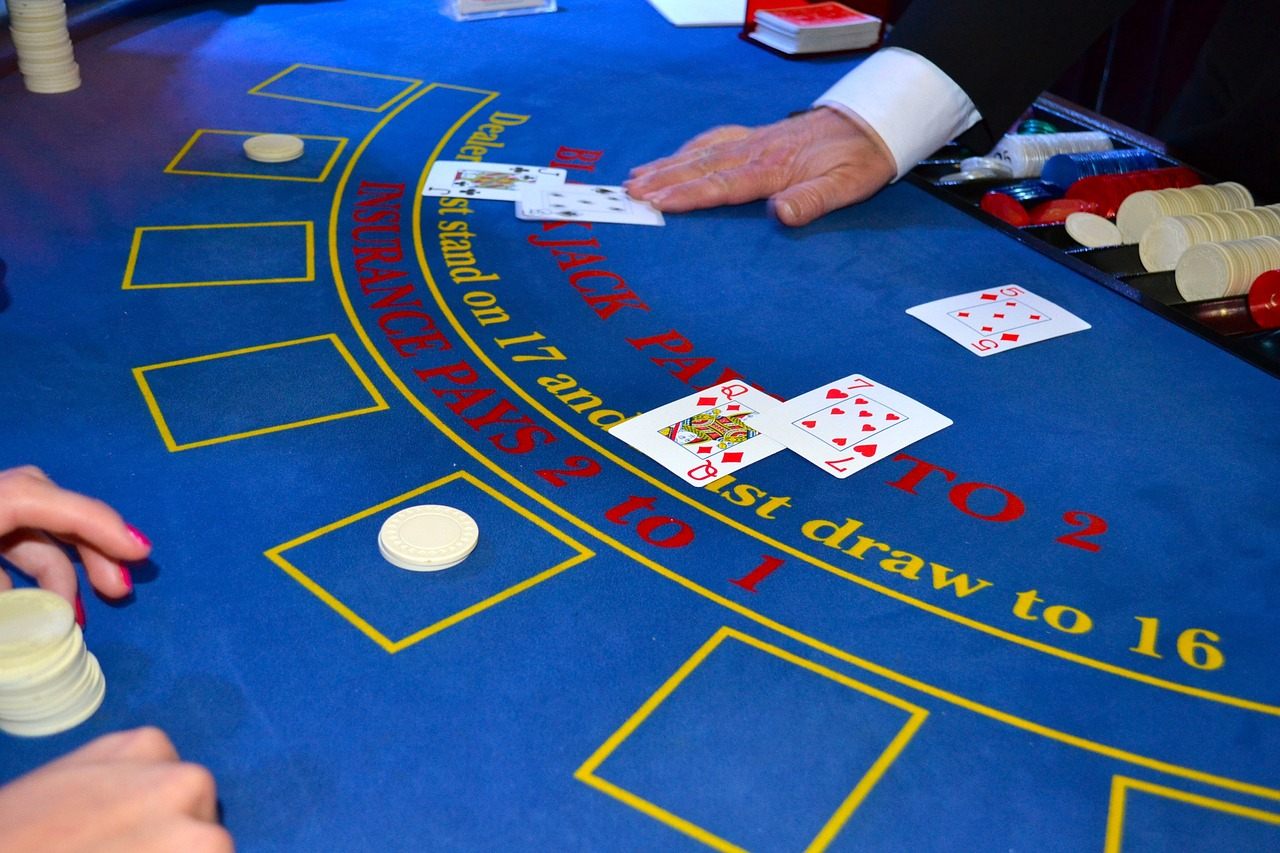
Know the 4 Different Types of Poker Players
Poker is a patient, focused, and crafty game. You must be mindful of your competitors' personalities and poker cards. You may reasonably estimate the kind of hand other players at your table may hold by getting to know their motivations.
Some players are more reserved and will only proceed to the last betting round known as the "river" if they are sure of their hand. Others engage in strategic play, including bluffing to try to intimidate opponents.
Playing a little online poker is no different. Knowing when to bet and fold and whether to continue or stop is crucial, even if you have a strong hand. You will play your hand more skillfully the more you understand your opponents.
Additionally, identifying the distinct personalities of poker players will help you win more often in live poker tournaments where you compete against various players.
We analyze the different poker personalities and go over poker tournament advice.
Four Types of Poker Personalities
Casino games draw millions of players who use a variety of tactics and playing styles.
What different categories of poker players are there? Around the table, there are often four personality types: loosely aggressive, loosely passive, tightly aggressive, and tightly passive.
Loose-aggressive
A loose-aggressive player in a poker game is known to play numerous hands and frequently bet and raise when it is their turn to act. When other players raise, they don't often call.
Professionals like to play this way because it has a "high-risk, high reward" result. Playing loose-aggressively exposes you to higher-risk plays, but it's an excellent method to put pressure on an opponent and force them to make mistakes.
Loose-passive
A loose-passive player plays several starting hands. These players will continue in a round if they have any made hand, a personality trait frequently exhibited by beginners.
They struggle to fold any hand, including flushes and bottom pairs. Due to their participation in most rounds, these players tend to make blunders. These are the players you want to compete against in live poker events.
Tight-aggressive
A tight-aggressive player will typically be more aggressive and strategic when joining a round. They participate in a few hands and frequently raise or bet. They hardly ever make decisions during games, though.
This playing style is fantastic for players transitioning from beginner tables to intermediate ones. Tight-aggressive players are typically the hardest to play against because of how intimidating their frequent raising and betting may be to opponents, especially those with strong hands.
Tight-passive
Tight-passive players are probably the easiest to predict because they rarely bluff and only bet when they have a solid hand.
In other words, it could be preferable to fold if you're playing a round against a tight, passive opponent because it's almost certain they will have a stronger hand. They play a limited number of hands, rarely raise or bet, and are frequently content to fold and wait for strong poker cards.
What Style is the Best?
There are many Texas Hold'em poker hands to play in an online poker game, and these hands frequently clash during rounds. For instance, one player might get a straight while another might get a flush in the same round.
Knowing which hands are powerful is one thing; being able to analyze your opponent's body language to determine whether they are holding strong or weak cards is quite another.
By doing this, you can advance your game. It's always advantageous to hire a poker coach and make sure you're abiding by proper poker etiquette if you're serious about wanting to advance.

The tight-aggressive approach is recognized as the most successful and dominant personality on both the professional and amateur circuits. You miss half the game if you don't play aggressively.
Being able to bluff and intimidate lesser opponents when your cards are weaker is just as important as winning when your hand is excellent.
What Type of Player Are You?
Practicing and observing your every move when dealt a strong or weak hand is crucial. It is for you to determine what kind of poker player you are.
Answer questions such as: Do you bet and raise a lot? Do you continue to gamble and raise after being dealt a bad hand? Are you a regular player? Do you often fold? Ever raise before the flop?
You can classify yourself into one of these categories by looking through these questions and reading the descriptions of the four different personalities.
Finding your poker personality is a fantastic place to start. If you don't like the category you fall into, you may adjust your play to reflect your preferred personality.
You may use the same method to classify opponents' personalities, making it easier for you to predict their hands.
Conclusion
It is best to know what kind of poker player you are to adjust it to your strategies. This information will also help you identify the type of opponent you are playing against. It can help you find a way to deal with them so understanding these types of poker personalities is crucial to your game.
Want to play online poker? Visit GGPoker, the world's largest poker room, to know more about your playing style and tendencies. Sign up at GG Poker today!

















